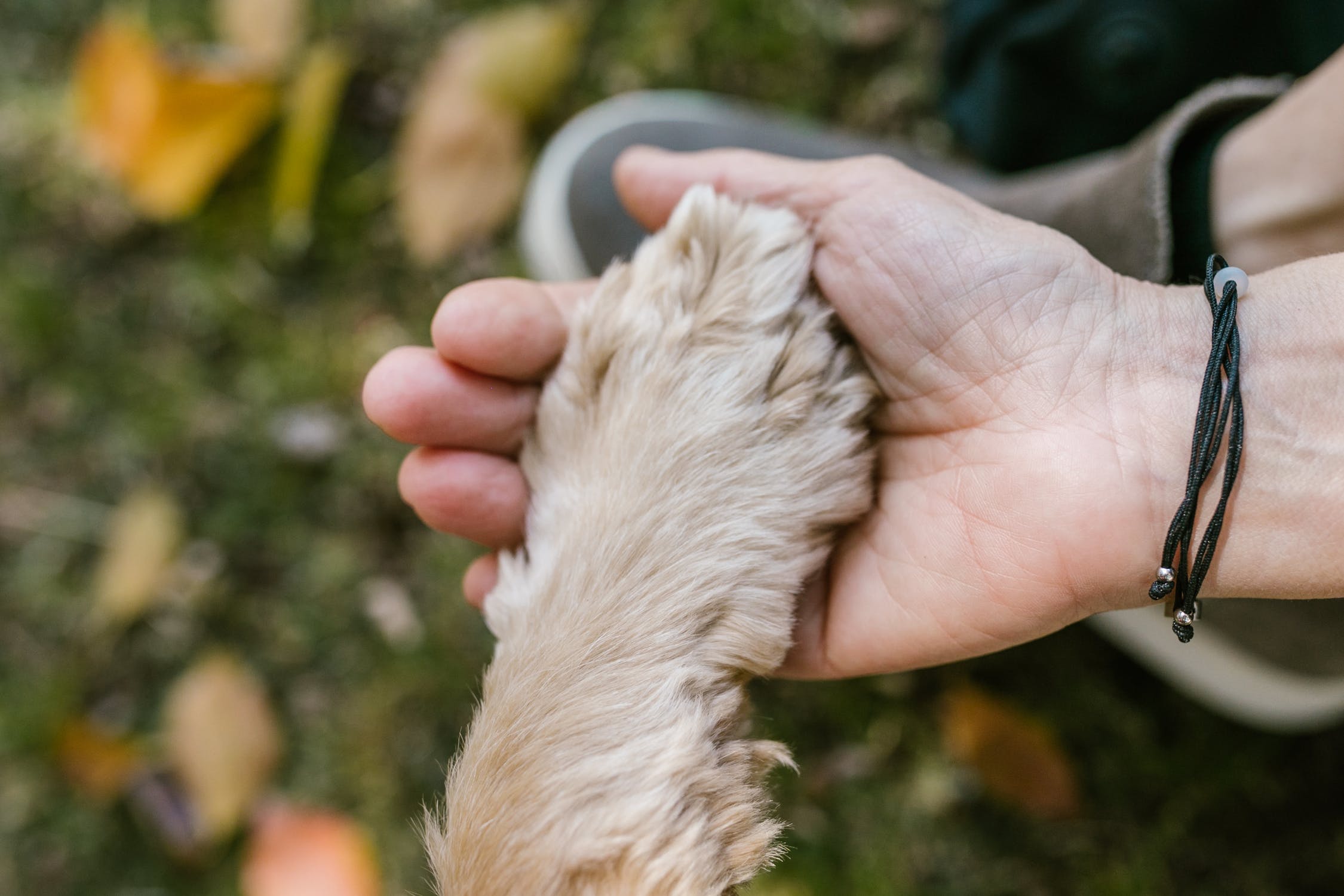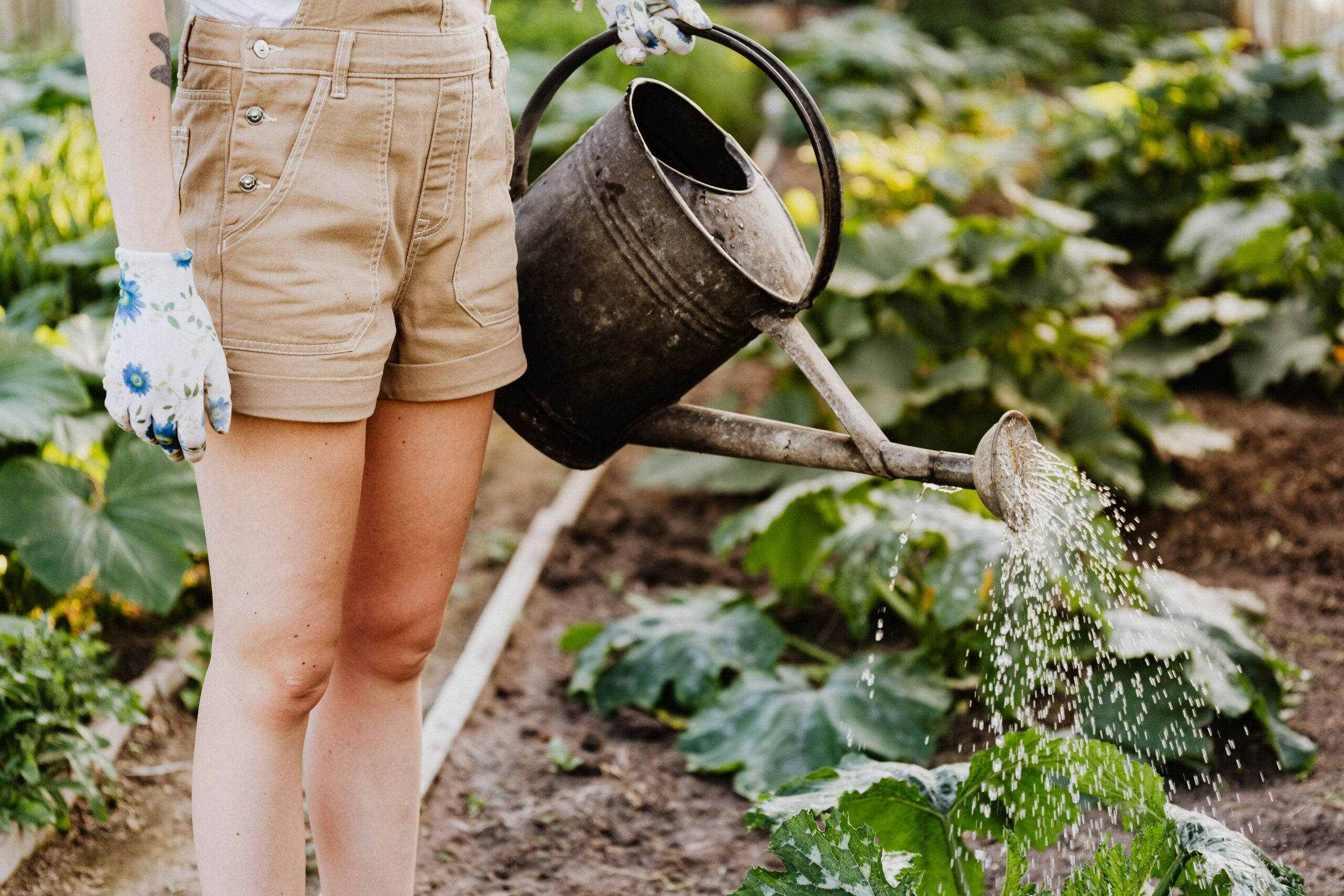By SWNS Staff
NEWS COPY w/ VIDEO + INFOGRAPHIC
Bringing a new dog home is often a joyous, exciting time — but according to new research, it’s just as likely to cause stress for both pet and person alike.
In a new poll of 2,003 dog owners, 54% of those who’ve only adopted “rescue dogs” from a shelter or local foster community were not prepared for how stressed out their new pooch would be while adapting to their forever home.
But the anxiety doesn’t last forever: as the survey also revealed, the average respondent reported that their most recent dog took between four and five days to settle in after arriving.
This mirrors the 3-3-3 rule, a common maxim among pet experts that dogs feel overwhelmed the first three days in a new home, begin showing their personality after three weeks, and feel completely comfortable after three months — which 77% of rescue-only dog parents found to be true to their own experience.
Conducted by OnePoll on behalf of ACANA Rescue Care for Adopted Dogs, the poll found that millennial respondents (ages 25-40) noticed the longest adjustment period in their new pets — almost two days longer than the average baby boomer (age 57+).
Fifty-eight percent have adopted a dog from a rescue shelter, while 49% have gone to breeders.
Baby boomers were almost twice as likely to adopt a dog than purchase from a breeder (47% vs 29%).
The adoption route also proved to be most popular across the board, with 57% of Gen-X rescuing a dog as opposed to 49% using a breeder.
Overall, only one in five (20%) have gone through both methods of adoption with different dogs.
But 72% based their choice on more factors than just the breed.
When it comes to making the decision to bring a new dog home, millennials were most likely to say they wanted to teach their kids about responsibility (56%).
Thirty-five percent wanted to give themselves something to be responsible for, including 45% of Gen Z respondents (ages 18-24).
And although more than half of respondents cited companionship as their reason for getting a dog, baby boomers were the most likely to do so (76%) compared to other generations.
“Getting a new rescue dog is a big commitment for the whole family, but with a little patience, a lot of love and the right tools, it’s one of the most rewarding things you’ll ever do,” said Jennifer Beechen, vice president of marketing for ACANA Rescue Care for Adopted Dogs.
It’s all worth it in the end, though, as some respondents proved with their funniest and most heartwarming stories from bringing home their dog for the first time.
One said: “Beagles usually bark and howl. We rescued him and he was very quiet. Now that we’ve had him for a while he howls like crazy.”
Yet another told this tale: “He crawled right on to my chest when I laid down to nap, he wanted a nap too.”
It’s no surprise, then, that four in five can’t imagine life without their pups.
In order to keep their dogs happy and healthy, 48% take their dogs for long walks and runs, while 60% are sure to provide proper nutrition. Eighty-six percent agree that their pet’s food is important for maintaining a healthy body weight.
“Like people, dogs can experience different levels of stress when it comes to significant, life-changing events,” said Dr. Darcia Kostiuk, senior veterinarian for ACANA Rescue Care for Adopted Dogs. “That’s exactly why we suggest feeding new rescue dogs a food that specifically meets their needs and helps them thrive through the transition from shelter to forever home.”
TOP 5 THINGS PEOPLE BUY FOR THEIR NEW DOGS
Treats (60%)
New toys (58%)
New collar or leash (52%)
New bed (46%)
Specialty food (34%)







